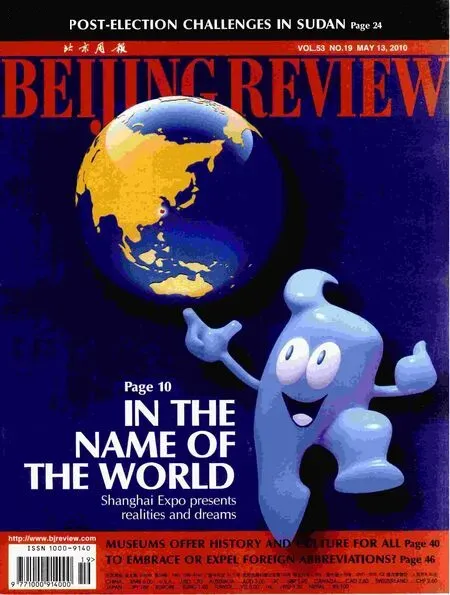Three Cs to Economic Success
A new world economic order is currently in the making as the immediate backlash from the fi nancial crisis subsides.While the West struggles with recessions, the East is gaining a global competitive edge. But a head start does not necessarily ensure a prosperous future. In a recent report, the Standard Chartered Bank outlined three deciding factors—cash,commodities and creativity—that will determine which countries become economic winners. Edited excerpts follow:
A fundamental change is underway in the global economy—shift in the balance of economic power from the West to the East that will last for decades. During this shift there will be winners, and there will be losers.
The winners will likely fall into the following categories∶ countries with financial resources—large reserves, strong fi scal positions and large savings pools;countries with natural resources—energy, hard commodities, agricultural resources and even water; and countries with human resources that can innovate, adapt and change.
One might say the winners will have one or more of the three “Cs”∶ cash, commodities or creativity.
At the heart of the world economic downturn were imbalances in the global economy. The West will need to spend less and save more. The East needs to spend more and save less. This is where fi nancial resources make all the difference. It will not be a surprise, then, if some of the weaker Western sovereigns default on their obligations in the next five to 10 years.
China can afford to keep spending, at both the government and personal level.Gulf countries are another group with huge fi nancial resources that are accumulating rapidly as oil prices remain around $80 per barrel.
With emerging markets willing to deploy resources at home, and with their spare capital going to attractive markets such as India, there may also be less spare capital to invest in Western government bonds. Rising borrowing costs may well be another headwind for the cash-strapped economies of the West.
We will enter a super-growth cycle for the world and a super-consumption cycle for commodities in the coming years as hundreds of millions increase their wealth. This bodes well for countries that supply the raw materials vital to the growth of China and other emerging markets. Water is also a key resource.Without suf fi cient water the production of many commodities—not just agricultural, but energy and metals as well—is impossible.
In addition to Gulf countries, other big winners could include Canada,Australia, Russia and Brazil. These countries’ prospects vary, and their economies are not pure plays on commodities, but their rich natural resources provide a source of revenues that they can either choose to exploit or ignore.
A feature of the new world order—with vast numbers of people entering the workforce, huge improvements in productivity, and continued globalization—is that the reward for innovation and creativity will be even greater.
Currently, the West still has the institutions and infrastructure to foster creative success. The United States and the UK, in particular, dominate the world’s top universities.
Singapore and South Korea are both examples of countries that have transformed their economies and are now looking increasingly to creativity and innovation as the path to their prosperity. ■

